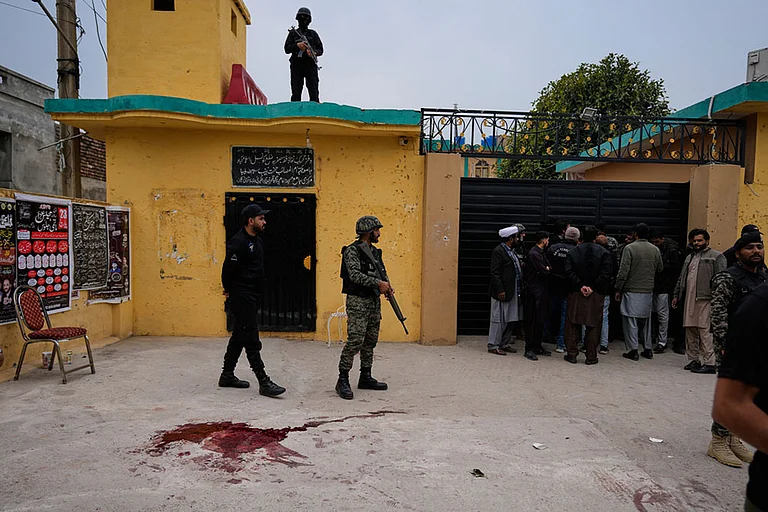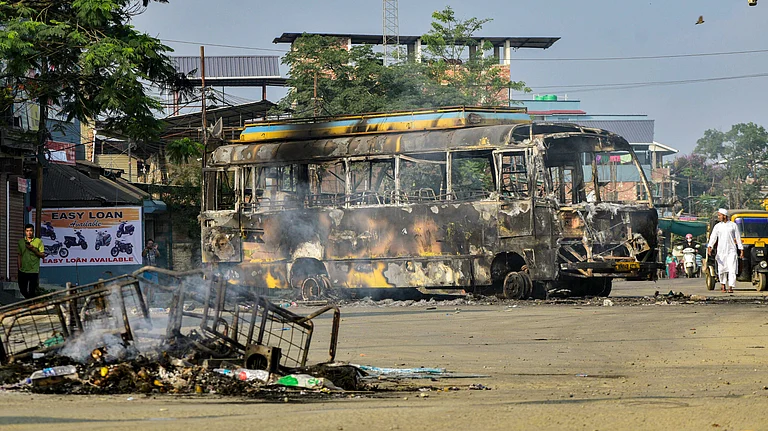Pakistani-origin Canadian businessman Tahawwur Hussain Rana who has been wanted in India for his involvement in the 2008 and 26/11 Mumbai terror attacks, can be extradited to India under the Indo-US extradition treaty, according to a court in California.
What did the court say?
A panel of judges of the US Court of Appeals for the Ninth Circuit affirmed the District Court in the Central District of California’s denial of his habeas corpus petition challenging a magistrate judge’s certification of his as extraditable to India for his alleged participation in terrorist attacks in Mumbai.
“The (India US Extradition) Treaty permits Rana’s extradition,” the US Court of Appeals for the Ninth Circuit said in its ruling on Thursday.
What are the charges?
63-year-old Rana is currently lodged in a Los Angeles jail and is facing charges for his role in the 26/11 Mumbai attack and is known to be associated with Pakistani-American Lashkar-e-Taiba (LeT) terrorist David Coleman Headley, one of the main conspirators of the terror incident that hit India's financial hub in 2008.
In 2008, a total of 166 people, including six Americans, were killed in the Mumbai terror attacks as 10 Pakistani terrorists laid an over 60-hour siege, attacking and killing people at iconic locations in Mumbai.
Rana's legal options to stop extradition
Despite the court ruling, Rana has not run out of all the legal options to prevent his extradition to India as he still can appeal against the ruling.
Under the limited scope of habeas review of an extradition order, the panel held that Rana’s alleged offence fell within the terms of the extradition treaty between the United States and India, which included a Non Bis in Idem (double jeopardy) exception to extraditability “when the person sought has been convicted or acquitted in the Requested State for the offence for which extradition is requested”.
Relying on the plain text of the treaty, the US State Department’s technical analysis, and persuasive case law of other circuits, the panel held that the word “offence” refers to a charged crime, rather than underlying acts, and requires an analysis of the elements of each crime.
According to the panel of three judges, a co-conspirator’s plea agreement did not compel a different result. The panel held that 'Non-Bis in Idem' exception did not apply to Rana as the Indian charges contained distinct elements from the crimes for which Rana was acquitted in the United States.
In its ruling, the US court's three judges panel also held that India provided sufficient competent evidence to support the magistrate judge’s finding of probable cause that Rana committed the charged crimes.


























